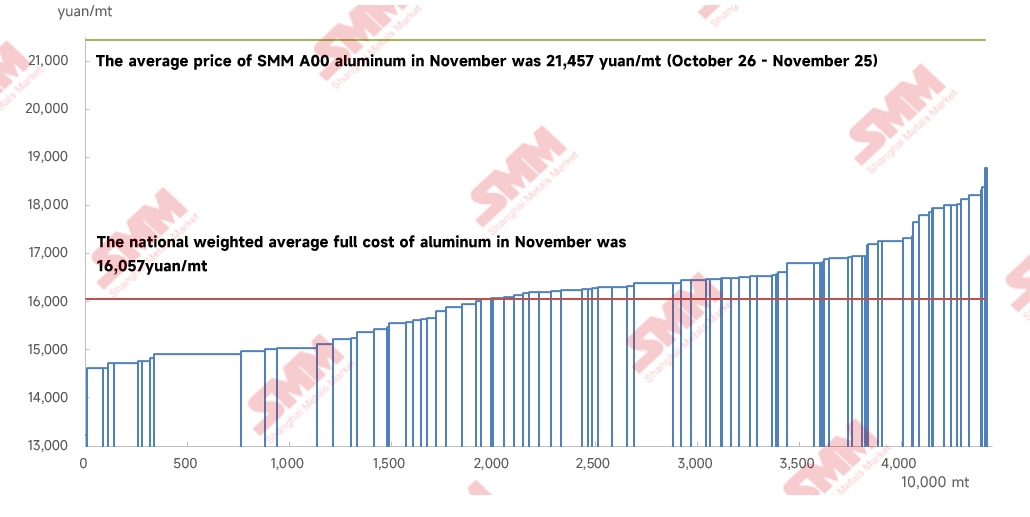Mastering sustainability: Environmental and international development – The Statesman

Report on Advanced Education for Achieving Sustainable Development Goals
Introduction: Addressing Global Challenges through the SDG Framework
The international community faces unprecedented environmental and social challenges that directly threaten the achievement of the 2030 Agenda for Sustainable Development. Issues such as climate change (SDG 13), biodiversity loss (SDG 14, SDG 15), resource scarcity (SDG 6, SDG 7), and social inequality (SDG 10) require a comprehensive and integrated response. A Master’s programme in environmental change and international development provides the necessary framework to equip professionals with the knowledge and skills to address these complex issues and contribute to a sustainable and equitable future as envisioned by the Sustainable Development Goals (SDGs).
Rationale for Specialized Education in Environmental Change and International Development
The urgency of contemporary global issues necessitates a specialized educational approach that integrates environmental sustainability with international development. A holistic understanding is critical for addressing challenges that cut across multiple SDGs.
- Climate Change: Disruptions to ecosystems and extreme weather events undermine progress on SDG 1 (No Poverty) and SDG 2 (Zero Hunger), making SDG 13 (Climate Action) a global priority.
- Resource Scarcity: Strains on water, energy, and food systems impact communities and economies, highlighting the interconnectedness of SDG 6 (Clean Water and Sanitation), SDG 7 (Affordable and Clean Energy), and SDG 12 (Responsible Consumption and Production).
- Biodiversity Loss: The degradation of terrestrial and marine ecosystems threatens planetary health and human well-being, directly impacting SDG 14 (Life Below Water) and SDG 15 (Life on Land).
Core Components of an Effective Programme Aligned with SDGs
An effective Master’s programme must be structured to prepare graduates to implement the 2030 Agenda. Key components include:
- Interdisciplinary Curriculum: The programme must integrate environmental science, social science, and international development studies to foster a comprehensive understanding of the interconnected nature of all 17 SDGs.
- Decolonisation of Knowledge: A critical component is the deconstruction of traditional colonial perspectives to promote the inclusive and equitable approaches central to SDG 10 (Reduced Inequalities) and SDG 16 (Peace, Justice and Strong Institutions).
- Evolving Development Paradigms: Students must examine how development thinking has evolved, particularly its intersection with gender (SDG 5), culture, and power. The curriculum should also explore the roles of migration, urbanization (SDG 11), and technological change in shaping pathways toward sustainable development.
- Practical Application and Skills Development: The programme must bridge theory and practice by offering professional skills development in research methods, policy analysis, and project management. Experiential learning through fieldwork and case studies provides practical experience in applying SDG principles to real-world problems.
Key Competencies for SDG Professionals
Graduates of such a programme will possess a range of skills and qualifications essential for careers focused on achieving the SDGs.
- Interdisciplinary Knowledge: A deep understanding of the interconnectedness of environmental and social issues, enabling integrated policy-making for the SDGs.
- Research and Analytical Skills: The ability to conduct research, analyze data, and draw meaningful conclusions to monitor and evaluate progress toward SDG targets.
- Policy Analysis and Development: Competency in creating and evaluating policies that advance specific goals, such as SDG 13 (Climate Action) and SDG 1 (No Poverty).
- Project Management: The capacity to plan, implement, and monitor development projects that contribute directly to the SDGs.
Career Pathways in the Pursuit of the 2030 Agenda
The growing global commitment to the SDGs has created significant demand for professionals with expertise in environmental change and international development. Graduates are equipped for impactful careers across various sectors.
- International Organisations: The United Nations, World Bank, and International Monetary Fund require experts to inform global policies and initiatives aimed at achieving the SDGs.
- Government Agencies: National and local governments need professionals to design and implement environmental policies and manage natural resources in line with their national SDG commitments.
- Non-Governmental Organisations (NGOs): Specialists are needed to advance missions in environmental conservation, sustainable development, and humanitarian aid, often with a direct focus on specific SDG targets.
- Academia and Research: Professionals contribute to knowledge creation and evidence-based insights that influence SDG-related policy and practice.
- Private Sector: Corporations are increasingly seeking professionals to guide sustainability strategies, reduce environmental impact, and develop practices aligned with SDG 12 (Responsible Consumption and Production).
Analysis of Sustainable Development Goals in the Article
1. Which SDGs are addressed or connected to the issues highlighted in the article?
-
SDG 4: Quality Education
The entire article is centered on a Master’s programme designed to “equip individuals with the knowledge and skills to contribute to a more sustainable and equitable future.” It emphasizes interdisciplinary learning and professional skills development to address global challenges, directly aligning with the goal of providing inclusive and equitable quality education.
-
SDG 10: Reduced Inequalities
The article explicitly mentions “social inequality” as a pressing issue. The described programme aims to address this by exploring how “development thinking intersects with gender, culture, race, and power” and promoting “more inclusive, equitable approaches to development,” which is the core mission of SDG 10.
-
SDG 13: Climate Action
This goal is directly addressed as the article identifies “climate change” as one of the “unprecedented environmental challenges.” It notes that climate change is “disrupting ecosystems, leading to extreme weather events, and exacerbating social inequalities,” and the programme prepares graduates to “address the impacts of climate change.”
-
SDG 17: Partnerships for the Goals
The article highlights the need for professionals across various sectors to tackle these complex issues. It lists career prospects in “International organisations such as the United Nations, the World Bank,” “Government agencies,” “Non-governmental organisations (NGOs),” the “academic and research sector,” and the “private sector,” underscoring the multi-stakeholder collaboration essential for achieving sustainable development.
2. What specific targets under those SDGs can be identified based on the article’s content?
-
Target 4.7 (under SDG 4)
This target aims to “ensure that all learners acquire the knowledge and skills needed to promote sustainable development.” The article’s focus on a Master’s programme in “environmental change and international development” that provides “interdisciplinary knowledge” and skills in “policy analysis” and “project management” for sustainability is a direct implementation of this target.
-
Target 10.2 (under SDG 10)
This target is to “empower and promote the social, economic and political inclusion of all.” The programme’s curriculum, which examines “how development thinking intersects with gender, culture, race, and power” and prioritises the “decolonisation of knowledge” to “promote more inclusive, equitable approaches,” directly supports this target by training professionals to create and implement inclusive policies.
-
Target 13.3 (under SDG 13)
This target focuses on improving “education, awareness-raising and human and institutional capacity on climate change mitigation, adaptation, impact reduction and early warning.” The Master’s programme serves as a mechanism to build this human capacity, equipping graduates with the expertise to work for government agencies and NGOs to “manage natural resources, and address the impacts of climate change.”
-
Target 17.17 (under SDG 17)
This target encourages “effective public, public-private and civil society partnerships.” The article implies the promotion of such partnerships by highlighting the high demand for graduates across all these sectors, who will then work collaboratively on global policies and initiatives related to environmental change and development.
3. Are there any indicators mentioned or implied in the article that can be used to measure progress towards the identified targets?
-
Indicator for Target 4.7
The article implies an indicator through its description of the educational programme. Progress can be measured by the extent to which education for sustainable development is integrated into post-graduate curricula. The article details a curriculum that blends “environmental science, social science, and international development” and includes “decolonisation of knowledge” and “experiential learning through fieldwork.”
-
Indicator for Target 10.2
An implied indicator is the number of professionals trained to develop and implement policies promoting social inclusion. The article states that the programme develops skills in “policy analysis and development, focusing on creating and evaluating policies related to environmental change and international development” that are inclusive and equitable.
-
Indicator for Target 13.3
The article suggests an indicator related to human capacity building. Progress can be measured by the number of skilled professionals graduating from programmes focused on climate change and international development. The text highlights the “significant demand for skilled professionals in this field” to fill roles in government, NGOs, and the private sector to address climate impacts.
-
Indicator for Target 17.17
The article implies an indicator related to cross-sector collaboration. Progress could be measured by the number of professionals in environmental and development roles working across different sectors (public, private, and civil society). The text points to graduates being “well-equipped to pursue diverse career paths across multiple sectors,” fostering the partnerships needed for sustainable development.
4. Table of SDGs, Targets, and Indicators
| SDGs | Targets | Indicators Identified in the Article |
|---|---|---|
| SDG 4: Quality Education | Target 4.7: Ensure all learners acquire knowledge and skills needed to promote sustainable development. | The existence and curriculum content of specialized Master’s programmes that integrate environmental science, social science, and international development to promote sustainability. |
| SDG 10: Reduced Inequalities | Target 10.2: Empower and promote the social, economic and political inclusion of all. | The training of professionals skilled in policy analysis that considers intersections of development with gender, culture, race, and power to create inclusive and equitable approaches. |
| SDG 13: Climate Action | Target 13.3: Improve education, awareness-raising and human and institutional capacity on climate change. | The number of graduates equipped with the expertise to work in government, NGOs, and other sectors to address the impacts of climate change. |
| SDG 17: Partnerships for the Goals | Target 17.17: Encourage and promote effective public, public-private and civil society partnerships. | The demand for and placement of graduates across diverse sectors (UN, World Bank, government, NGOs, private sector), fostering multi-stakeholder collaboration on sustainability issues. |
Source: thestatesman.com

What is Your Reaction?
 Like
0
Like
0
 Dislike
0
Dislike
0
 Love
0
Love
0
 Funny
0
Funny
0
 Angry
0
Angry
0
 Sad
0
Sad
0
 Wow
0
Wow
0





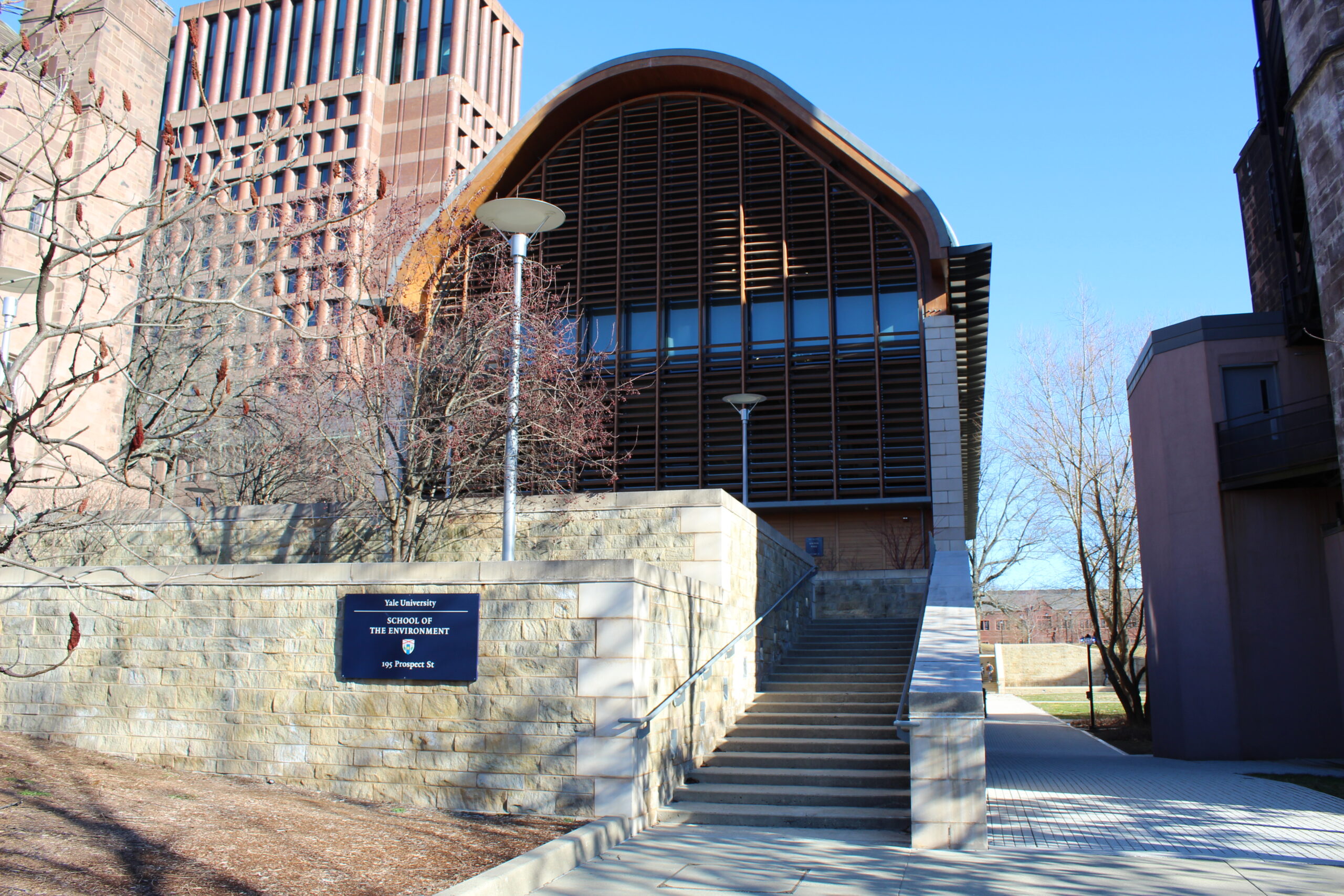
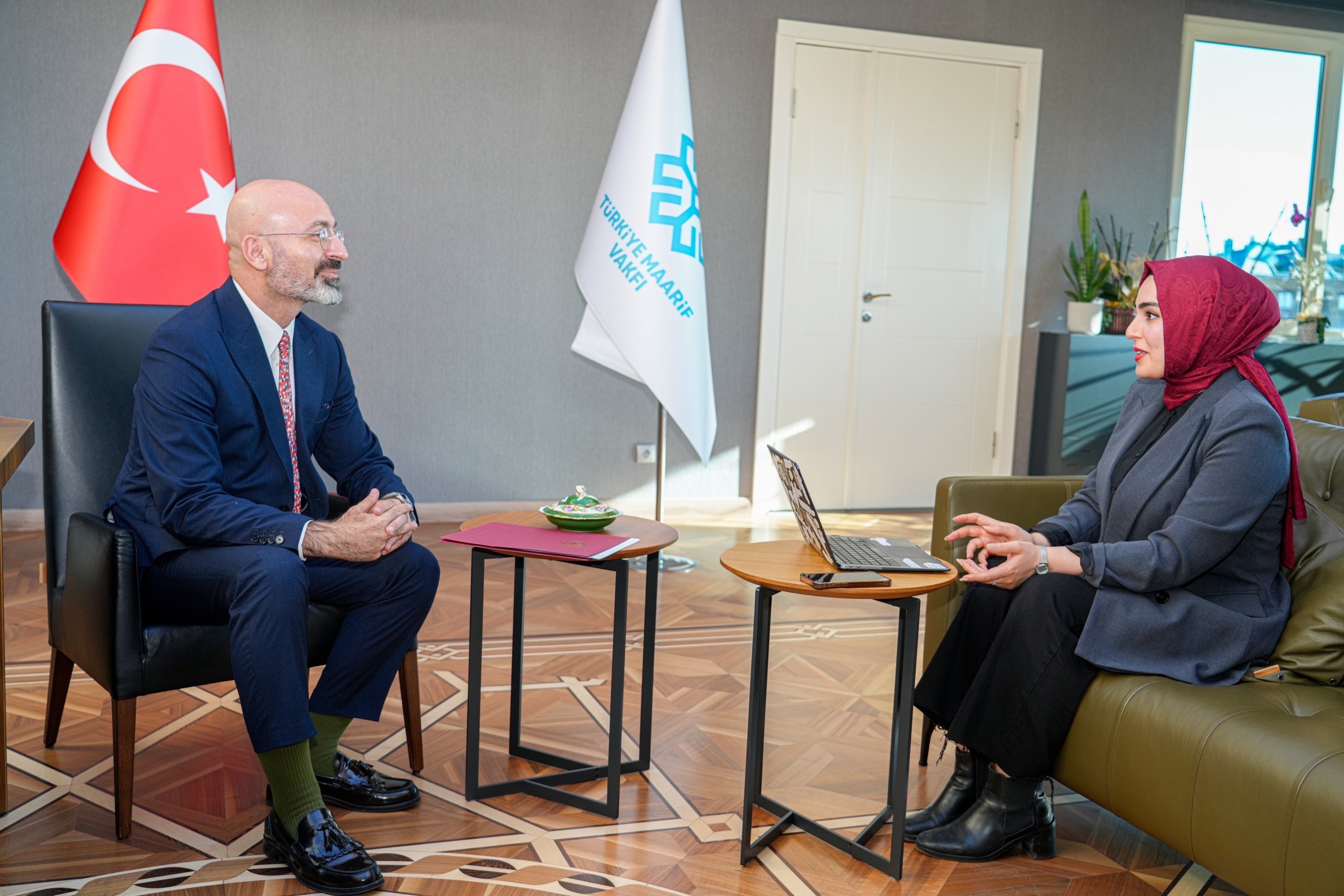
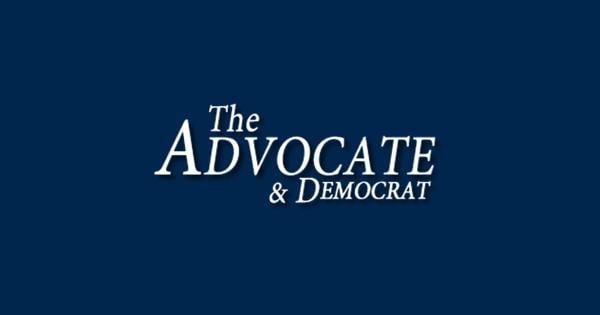







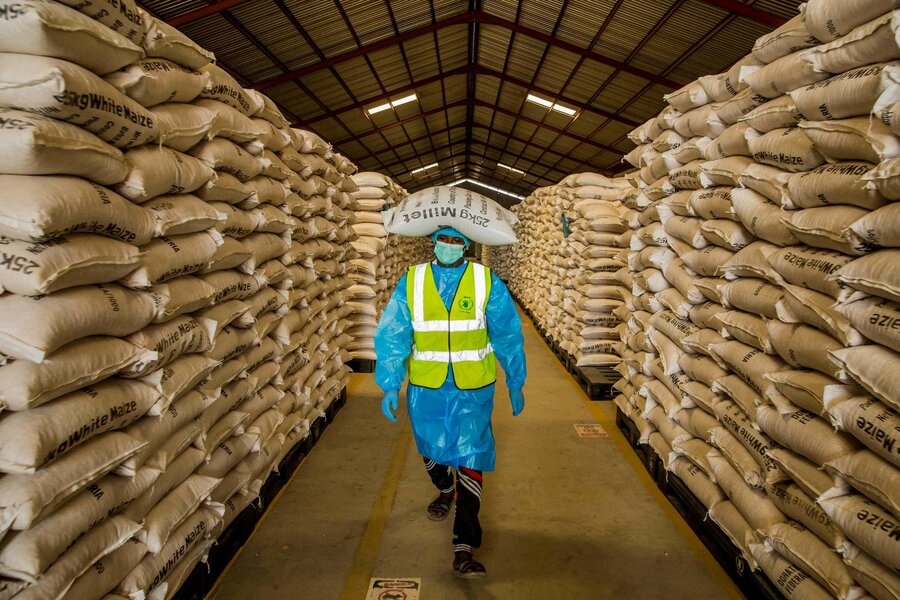








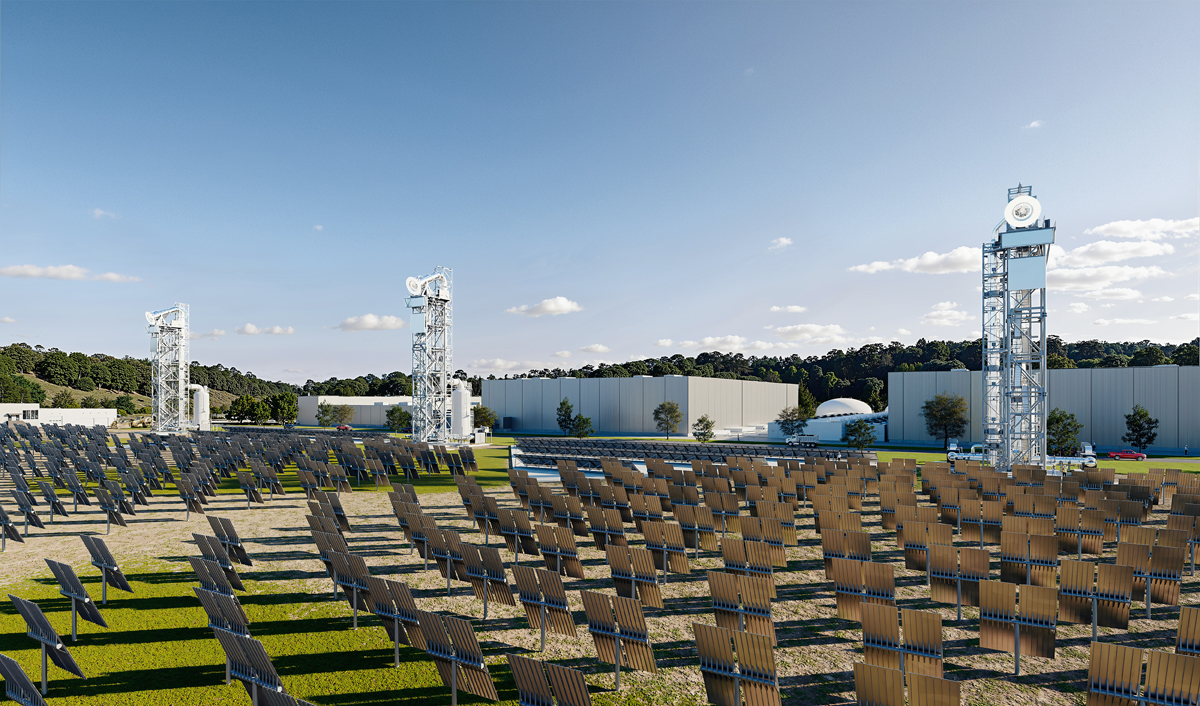






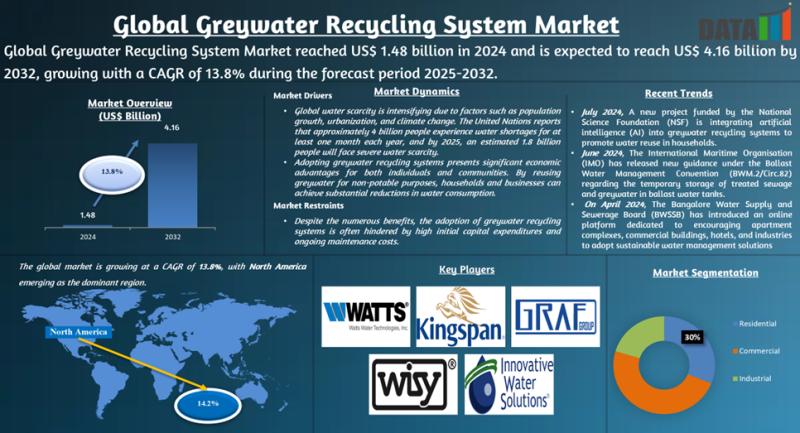













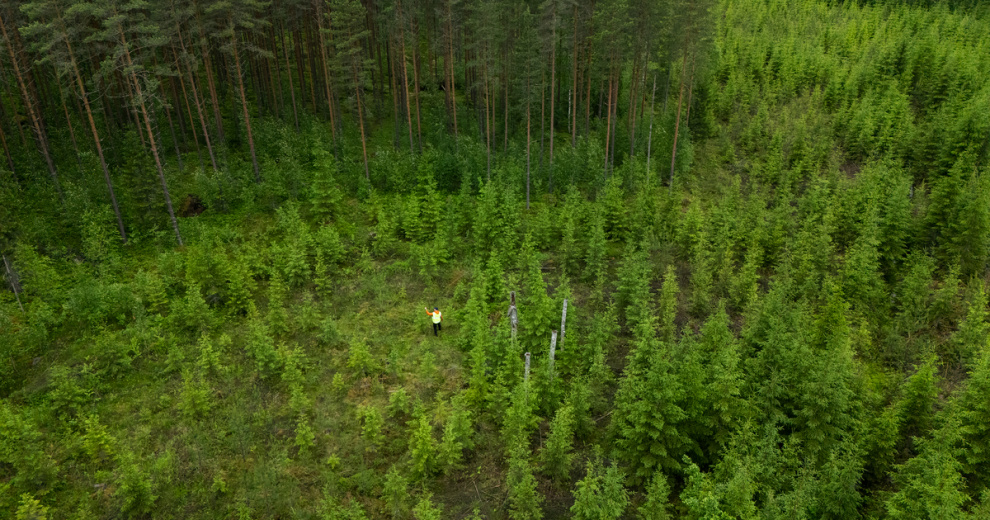



:focal(1500,1000)/https://media.globalcitizen.org/a6/9a/a69a4720-d8a1-4715-b596-18738d03c05c/rotary_polio_hero_image.jpg?#)



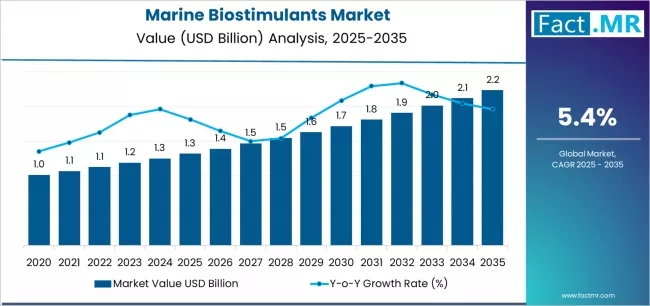


/countries/sri-lanka/photo-credit---dmc-sri-lanka.tmb-1200v.jpg?sfvrsn=dc298bcc_1#)










